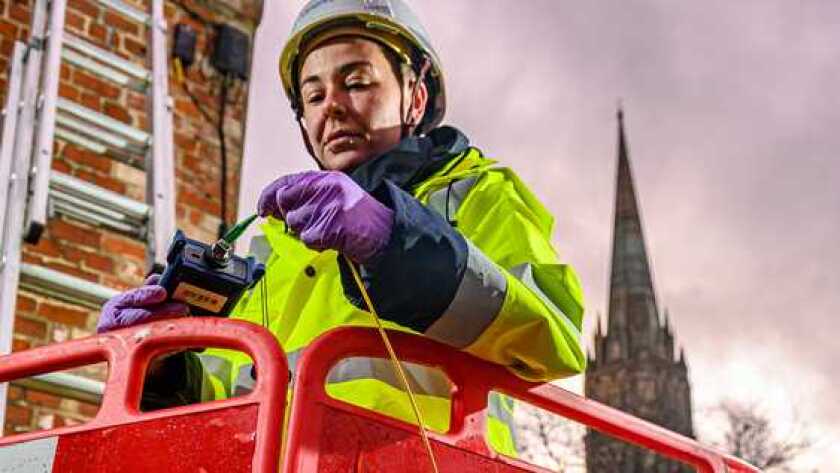Figures from Ofcom, the UK regulator, show that 11% of households across the country had no internet in March 2020, when lockdown started, but only 6% a year later.
According to the UK’s Office of National Statistics there were 27.8 million households — which means a year ago 3.0 million of them had no internet, and by this March only 1.7 million were unconnected.
Meanwhile Openreach, the BT-owned wholesale company that runs last-mile fibre and copper access networks in the UK, has commissioned a survey that says full-fibre broadband could bring up to a million people back into the workforce in the country.
The report, by the Centre for Economics and Business Research (CEBR), says the pandemic has accelerated an existing trend towards working from home.
Openreach CEO Clive Selley said: “CEBR’s previous research explained the economic windfall in store for the UK with a nationwide upgrade — including a £59 billion boost to productivity. And this updated report highlights how full fibre can help to level up the UK, bringing up to one million people back into the workforce. With the challenges we face as a country, this an opportunity we can’t afford to ignore.”
An industry source said to Capacity: “The UK has traditionally come quite a long way down the rankings when it comes to full fibre availability. That situation is now changing. The broadband network which we built during the last decade has enabled millions of people to switch to home working overnight.”
So why has Openreach sponsored this report from CEBR? Not to seek funding from the UK government, said Capacity’s source, but to relax the rules about upgrading the network.
“It’s bizarre that full fibre technology isn’t the standard, mandated telecoms connection for new housing developments in the UK,” Capacity was told. “This means thousands of new homes across the country are still being connected with slower, less reliable copper connections each year.”
In addition, “accessing blocks of flats to upgrade existing copper connections is also hopelessly complicated. … With simpler access rights, we could upgrade these homes quickly, smoothly and discreetly. But obscure and obstructive ownership models — often involving absent landlords based offshore — hold these upgrades back.”
The CEBR report to Openreach notes that “the combined effects of the pandemic and a nationwide rollout of full fibre could also see nearly two million more people working mainly at home — compared to 2019 numbers”.
It says: “The pandemic has accelerated the need for improved options to work from home and a culture of remote and increasingly flexible working is becoming more established, which could have significant ramifications for the economy and wider society. Better connectivity and ultrafast broadband is the key to that flexibility.”






